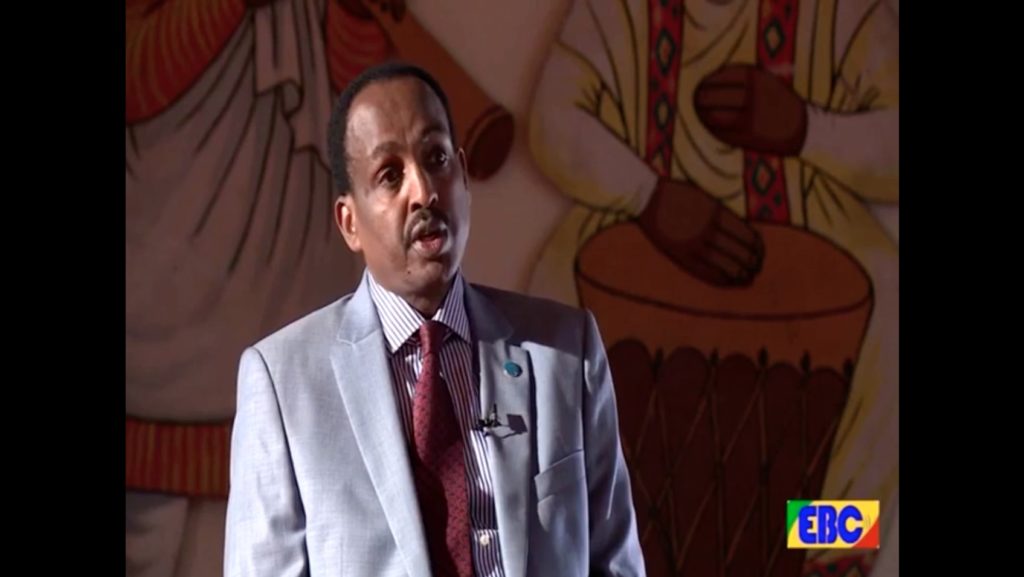
Month: November 2016

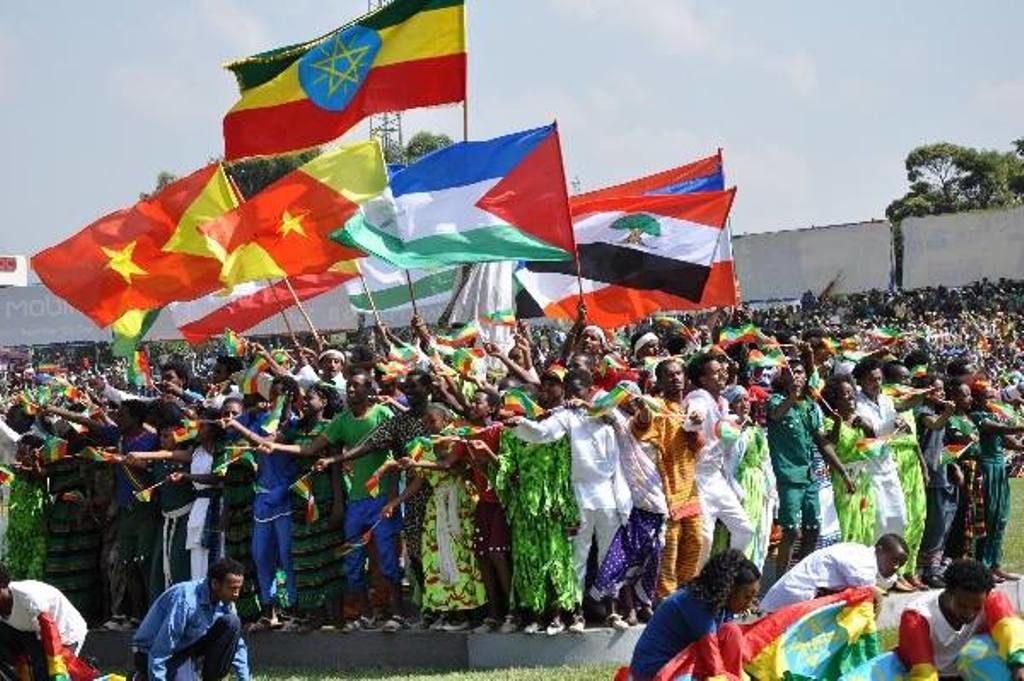
Ethiopia to celebrate its 11th Nations, Nationalities, Peoples day next week
 Ethiopia celebrates the 11th Nations, Nationalities and Peoples day this year in the State of Harrari next week on Thursday, December 8.
Ethiopia celebrates the 11th Nations, Nationalities and Peoples day this year in the State of Harrari next week on Thursday, December 8.
Based on the proclamation at the very beginning of the current democratic and federal constitution of Ethiopia, which in 1995 assured the Nations, Nationalities and Peoples of Ethiopia of their diversity, their unity and their ownership to the constitution itself, the Nations, Nationalities and Peoples of Ethiopia will be celebrating the day nationwide next week.
This celebration is a commemoration of the testimony of the people of Ethiopia’s ultimate triumph against the repressive and oppressive regime that had deprived them of their rights in their own nation.
The day on which those rights and equality of the Ethiopian Nations, Nationalities and Peoples were fully restored and guaranteed under the Constitution of the Federal Democratic Republic of Ethiopia (FDRE), was December 8, 1995.
The people of Ethiopia will celebrate this 11th Ethiopian Nations, Nationalities and Peoples Day with their usual great enthusiasm and verve across the nation.
With the Constitution ensuring human and democratic rights, the Nations, Nationalities and Peoples of Ethiopia entered into a new world of equality and mutual cooperation to safeguard and ensure their common interests in 1995.
They will enthusiastically commemorate this year’s Nations, Nationalities and Peoples day, devoted as it is to all Ethiopians, both in Ethiopia and across the world.
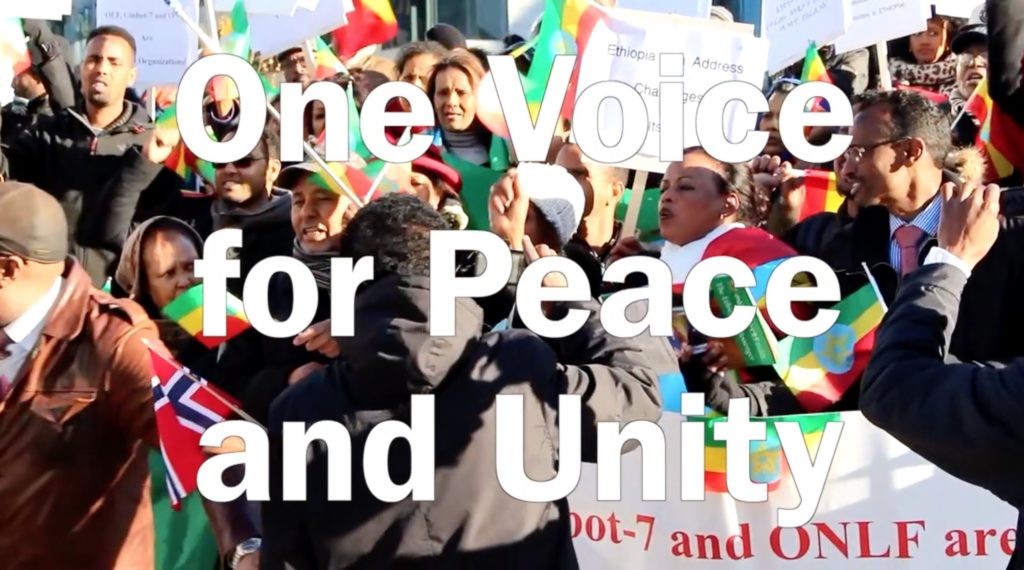
Video: One Voice for Peace and Unity
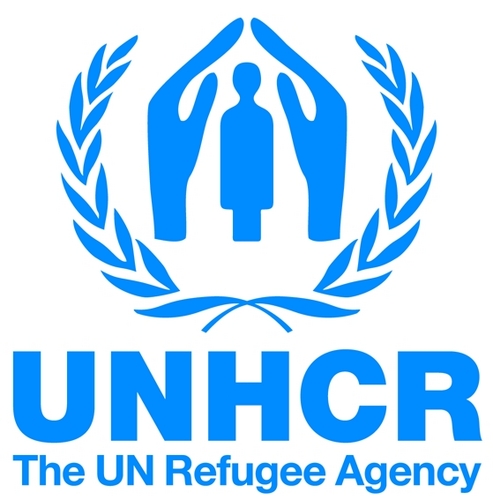
UNHCR, UNICEF ink an agreement to enhance partnerships on refugees response in Ethiopia
The United Nations Refugee Agency (UNHCR) and the United Nation Children’s Fund (UNICEF) have inked an agreement that outlines key areas of collaboration in child protection, education, health and nutrition, as well as water, sanitation and hygiene (WASH).
According to a statement from UNHCR, Ethiopia at present hosts 783,340 refugees, 58.3 percent of whom are children under 18, including 38,502 unaccompanied children. Currently, Ethiopia has also witnessed a new influx of South Sudanese refugees fleeing renewed violence and food shortage. Of the 39,000 new arrivals 64 percent of them are children, said the statement.
Upon signing the agreement Clementine Nkweta-Salami and Gillian Mellsop, representatives of UNHCR and UNICEF respectively, said “UNICEF and UNHCR have a long history of effective and demonstrated collaboration in humanitarian action which has greatly improved the lives of refugees over the years,” adding that “this agreement will further cement our partnership and help us to advance our respective mandates in Ethiopia.”
The agreement is expected to expire on August 2020 and is assumed to enable both parties to collaborate together in picking up the pace of their joint refugee response in terms of technical assistance, visibility, advocacy resource mobilization and supply management. The agreement is also deemed to have a strong focus on identifying risks and thereby ensuring contingency planning and preparedness measures.
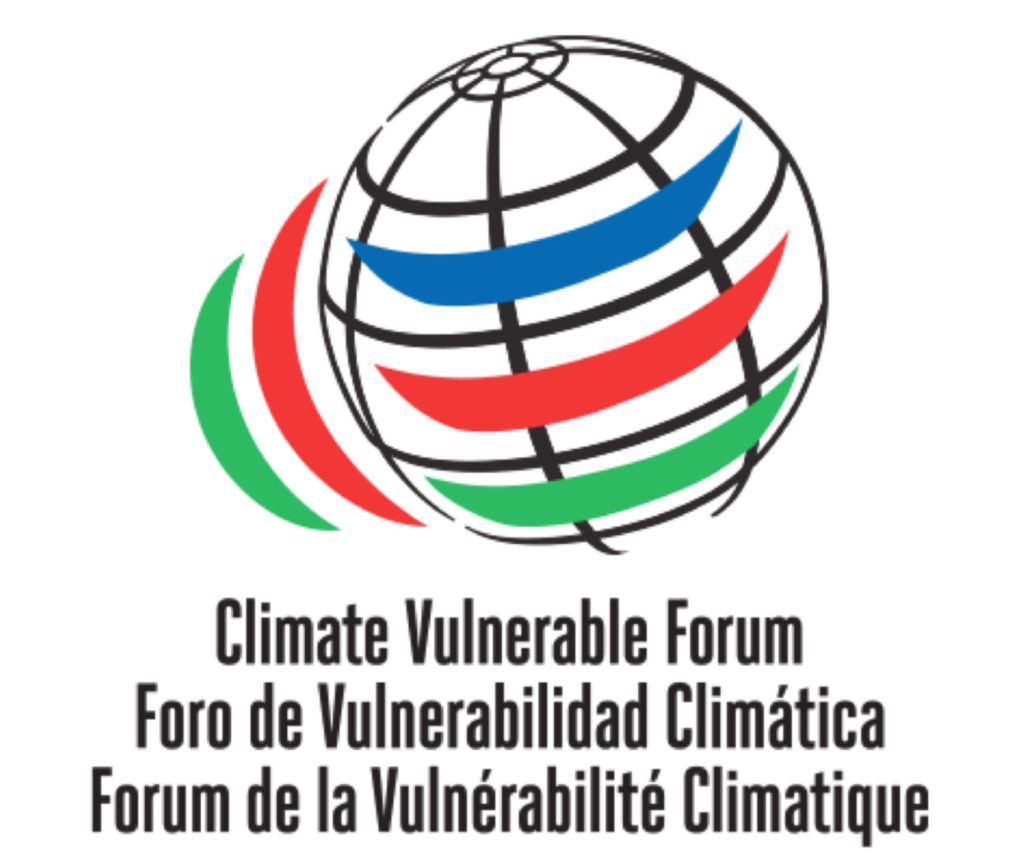
The Climate Vulnerable Forum vows to use 100% renewable energy by 2050
 The 48 members of the Climate Vulnerable Forum have agreed to use only renewable energy by 2050.
The 48 members of the Climate Vulnerable Forum have agreed to use only renewable energy by 2050.
At their meeting on the sidelines of the United Nations Climate Change Conference in Marrakech, Morocco, the Forum decided to make their energy production 100 per cent renewable “as rapidly as possible” and between 2030 and 2050 at the latest.
The forum also vowed to take action to help limit global warming to 1.5 degrees Celsius above pre-industrial levels.
The Climate Vulnerable Forum, currently chaired by Ethiopia, was set up in 2009 and is made up of countries that are disproportionately affected by climate change.
A representative of the Marshall Islands said, “We are pioneering the transformation towards 100 percent renewable energy, but we want other countries to follow in our footsteps in order to evade catastrophic impacts we are experiencing through hurricanes, flooding and droughts.”
An adviser to the Bangladesh government said: “We shouldn’t see it as a burden, but an opportunity. Climate vulnerable countries can seize those opportunities.
“Former US Vice-President Al Gore described the forum’s statement as an ambitious vision for others to follow.”These ambitious and inspiring commitments show the path forward for others and give us all renewed optimism that we are going to meet the challenge before us and meet it in time.”
The 48 members of Climate Vulnerable Forum who have agreed to the decision are: Afghanistan, Haiti, Philippines, Bangladesh, Honduras, Rwanda, Barbados, Kenya, Saint Lucia, Bhutan, Kiribati, Senegal, Burkina Faso, Madagascar, South Sudan, Cambodia, Malawi, Sri Lanka, Comoros, Maldives, Sudan, Costa Rica, Marshall Islands, Tanzania, Democratic Republic of the Congo, Mongolia, Timor-Leste, Dominican Republic, Morocco, Tunisia, Ethiopia, Nepal, Tuvalu, Fiji, Niger, Vanuatu, Ghana, Palau, Viet Nam, Grenada, Papua New Guinea, Yemen, and Guatemala.
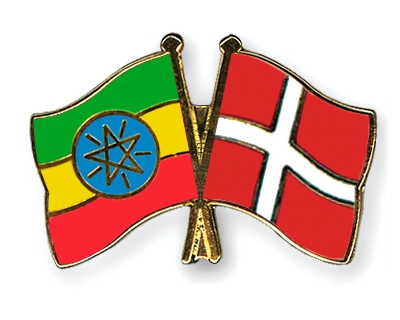
Denmark Promised To Support Ethiopia Develop Renewable Energy
On November 26, 2016 the Danish Ambassador to Ethiopia Mette Thygesen asserted that the government of Denmark is dedicated to make available various technical assistance to Ethiopia’s renewable energy resources development undertakings.
“Denmark is geared up to provide all the necessary technical assistance to Ethiopia to meet its power demand from wind over the coming three years”, the ambassador revealed.
The Danish Ambassador Mette Thygesen has also said the partnership between the Ethiopia and Denmark has been growing in various sector and said a good example on this regard could be her country offer to support the Agricultural Transformation Agency (ATA) to expand modern farming in Ethiopia.
In addition to this the Ambassador further added that “recently we are about to establish corporation in the fields of climate and climate change,” adding that the two nations agree on the need for economic growth that does not have negative impact on climate. On this regard Ambassador Thygesen said agreement on the first phase of the project will be signed with the pertinent government body next week to make the project become operational soon.
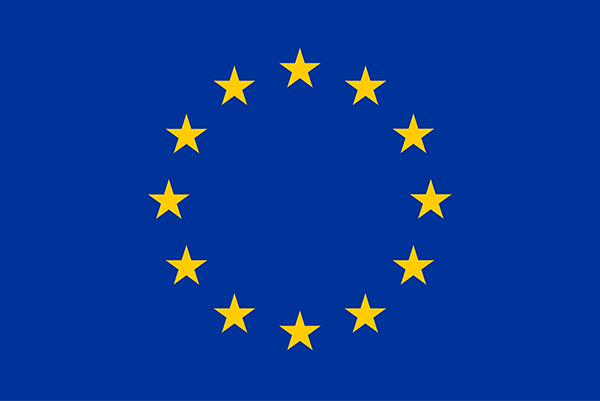
EU Missions in Somalia strengthen ties and discuss maritime security in Bosasso
EUCAP Nestor and EU Naval Force Somalia (EU NAVFOR Operation Atalanta) recently held a series of meetings with state government officials and local leaders in Bosasso, in Somalia’s Puntland state.
They discussed the maritime security situation off the Somali coast and the importance of keeping down pirate attacks. EUCAP Nestor said the meetings were very constructive and fruitful, adding: “We now have even better understanding of the situation in Puntland and where the support of EU Missions would be required the most. We are all in this together and these meetings are a great example of the good cooperation between the local leadership and the EU Missions.”
Operation Atalanta’s Force Commander said he was pleased with the engagement with the local authorities. “Cooperation and coordination is crucial between the EU organizations, but also with key Somali officials and security agencies. It is only by working together that the threat of piracy might one day become a distant memory,” he said.
Alongside the meetings, members of the Bosasso Port Police trained with Dutch sailors at sea and take part in exercises designed to develop search skills of suspicious vessels. Such training is an important part of Operation Atalanta’s commitment to strengthen cooperation and capabilities of regional partners.
Source: MFA Ethiopia
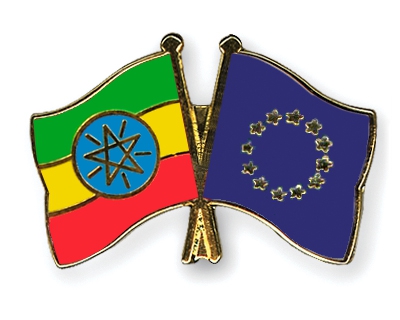
Ambassador Teshome briefed COAFR representatives
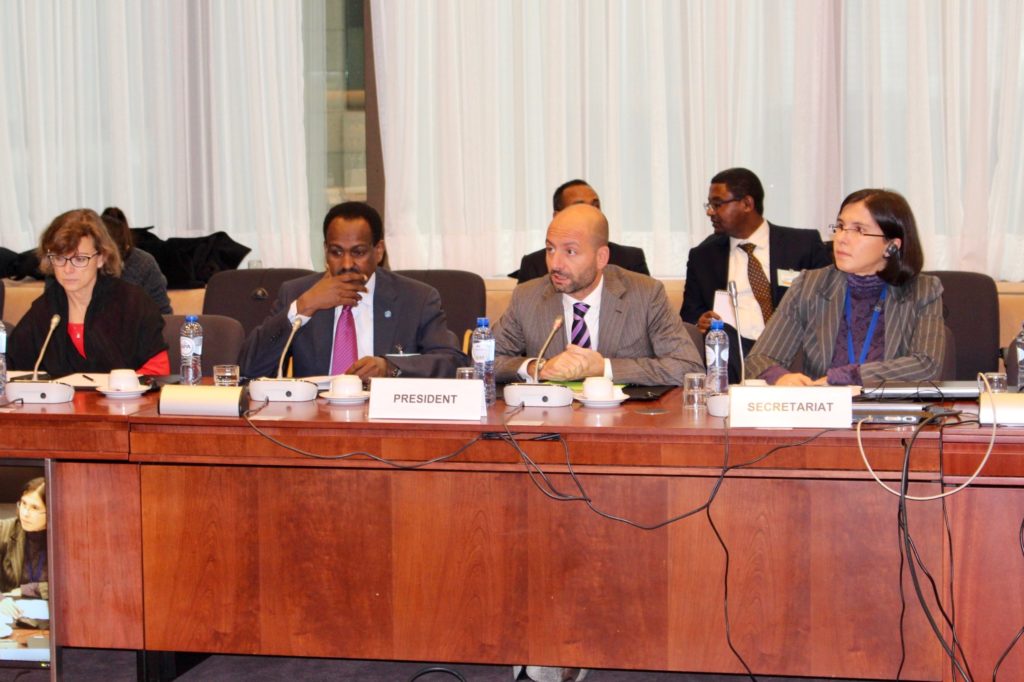 On 23 November 2016 in Brussels, a briefing session was conducted at the EU Council in Brussels to members of the working group on Africa (COAFR) by Ambassador Teshome Toga. COAFR members are responsible for the management of EU external policy towards sub-Saharan Africa.
On 23 November 2016 in Brussels, a briefing session was conducted at the EU Council in Brussels to members of the working group on Africa (COAFR) by Ambassador Teshome Toga. COAFR members are responsible for the management of EU external policy towards sub-Saharan Africa.
During the meeting, H.E. Ambassador Teshome Toga briefed the 28 EU member countries about the current situation in Ethiopia and responded to several questions raised by the members.
In his introductory remark, Ambassador Teshome reminded the importance of the mutually beneficial Ethiopia-EU partnership which was recently elevated to a strategic level.
This partnership is providing a permanent framework to hold high-level and senior officials consultations, organize an Ethiopia-EU business forum and address challenges such as migration, economic development and deeming democracy, climate change and fight against terrorism and radicalisation..
The Ambassador also gave insights about how the State of Emergency was declared last October and enabled the country to restore peace and security, with social, economic and other activities getting back to normalcy.
In this regard, he emphasized that some measures such as the travel restrictions for diplomats had already been lifted given that peace and security had been restored, and that some travel advisory of European foreign ministries have also been amended in a positive way.
Answering issues raised by the members of COAFR, Ambassador Teshome further underlined the State of Emergency was not meant to address the root cause of grievance of the public but rather help create the necessary environment so that actual concerns are addressed with full participation of the public.
More importantly, an in-depth reform package including cabinet reshuffle, reform of electoral law and other fundamental reforms will be part of the reform process through consultations with the public and political parties.
On their part, the COAFR members reiterated the importance of the partnership between the EU and Ethiopia and assured that they are willing and ready to assist Ethiopia to overcome the current challenges facing the country.
Finally, members of the COAFR expressed their strong appreciation of the work of the Ethiopian government to address the challenges and reiterated the importance of the strong partnership and solidarity with Ethiopia.
Ambassador Teshome thanked the members for the opportunity and expressed the readiness of the Embassy to engage in a similar dialogue in the future.

Belgium improved its Ethiopia travel advice
Belgium recently improved its Ethiopia travel advice.
While it was advising against all unnecessary travelling in the country in the wake of unrests in the country, the website of the Foreign Ministry has now modified its travel advice from warning to caution when travelling in Ethiopia.
Last week, the German Foreign Ministry also lifted its warning for German tourists planning to visit the main touristic areas of Ethiopia. According to the German Ministry, cities such as Bahir Dar, Gondar, Lalibela, Dire Dawa, Arba Minch can now be visited safely. Travelling there “is currently possible without any problem”, the website further states.
As a result of the unrest that occurred recently in some parts of the country, countries, including Belgium and Germany, had issued travel warnings for visitors.
These countries are now cancelling the warnings since the Ethiopian government has managed to restore peace and bring back business as usual.
Ethiopia declared a six-month nationwide state of emergency early October following unrests that occurred in some areas of the country.
Two weeks ago, Ethiopia lifted the directive which required diplomats to inform the Command post if they wanted to travel beyond a 40-kilometer radius out of Addis Ababa.
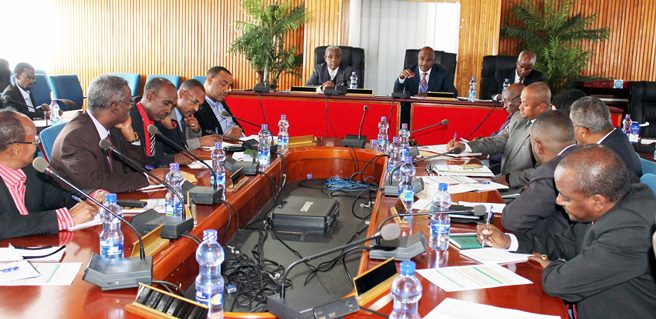
Stakeholders agree to make every effort to boost engagement of the Ethiopian Diaspora
 The Diaspora Engagement Coordination Forum which took place on Friday 18 November 2016 discussed a range of issues to boost the Ethiopian Diaspora engagement in the country’s overall socio, economic and political development.
The Diaspora Engagement Coordination Forum which took place on Friday 18 November 2016 discussed a range of issues to boost the Ethiopian Diaspora engagement in the country’s overall socio, economic and political development.
Stakeholders from government and non-governmental institutions participated. In the opening session to evaluate achievements in the first quarter of Ethiopian 2009 budget year (2016-2017), Demeke Atnafu, Director General for Diaspora Engagement Affairs of the Ministry of Foreign Affairs, noted that the Ministry, Ethiopian missions abroad, Regional Diaspora Engagement Offices, the Ethiopian Diaspora Association and other government and non-government stakeholders had been working to enhance Diaspora involvement.
Among their activities had been the coordinating the Second Ethiopian Diaspora day celebrations, delivering necessary investment information to members of the Diaspora, working with Internal Office of Migration to enhance the technology and knowledge transfer of the Ethiopian Diaspora’s in the Netherlands and the hiring of a consultancy firm to conduct research on how to implement a Diaspora mapping project in the United States. Equally, successfully achieving the goals of Diaspora Engagement had yet to be achieved.
Mr. Awlachew Masre, Head of Amhara Regional State Diaspora Engagement Coordination Office, said that close to 3,500 members of the Diaspora participated in the 2nd Ethiopian Diaspora Day celebration in Bahir Dar. For the first time the Diaspora Knowledge and Technology Transfer Workshop had held among professional members of the Diaspora. This had been very successful, and had a profound effect. The Ethiopian Somali Diaspora Association head, Mr. Abdiwahab Yusuf, gave an account of the successful outreach tour of the Somali Regional president and other officials in Australia and United States, meeting members of the Ethiopian Somali community residing in those countries. He stressed that his office had achieved considerable success in mobilizing the Ethiopian Somali Diaspora to counter destructive propaganda by extremist elements abroad.
The Forum welcomed the fact that in the first quarter of this financial year, 1,859 members of the Diaspora opened bank accounts and saved nearly 12 million US dollars. Participants discussed the need to offer support to investors from the Diaspora, and provide accurate and timely information to members of the Diaspora wherever they might be, as well as implement the Diaspora mapping project and deliver all necessary consular services to the Diaspora through Ethiopian Embassies and Consulates. They agreed to continue to exert every effort to help boost the Ethiopian Diaspora engagement in the country’s affairs.
